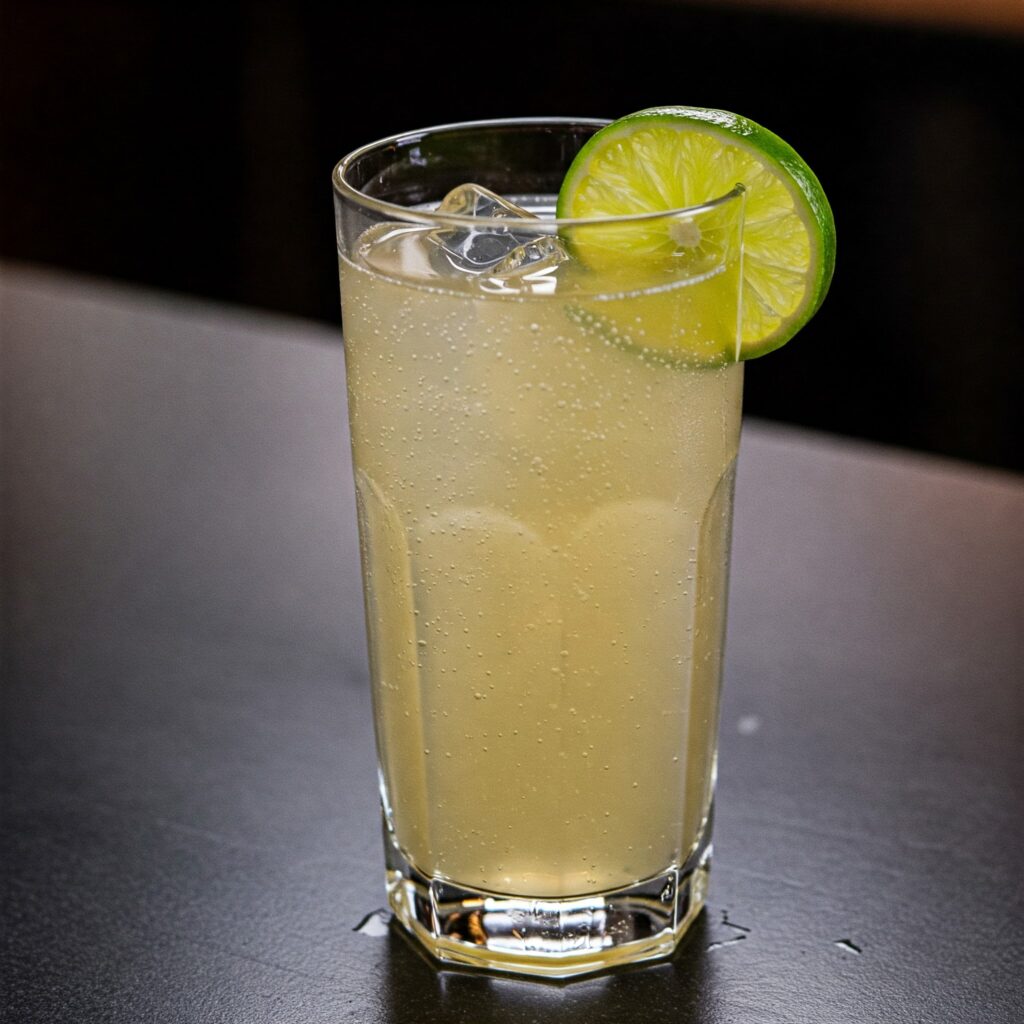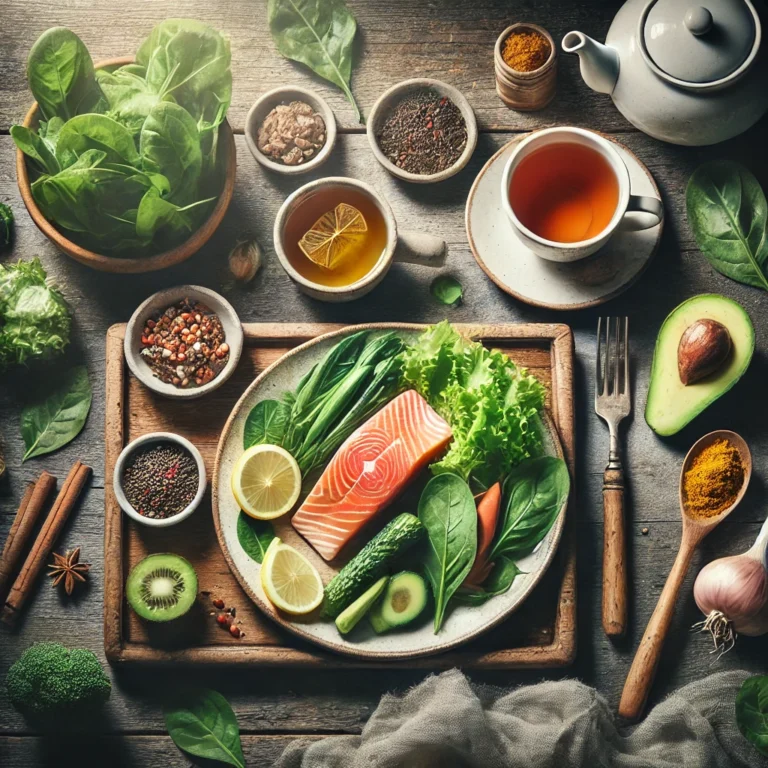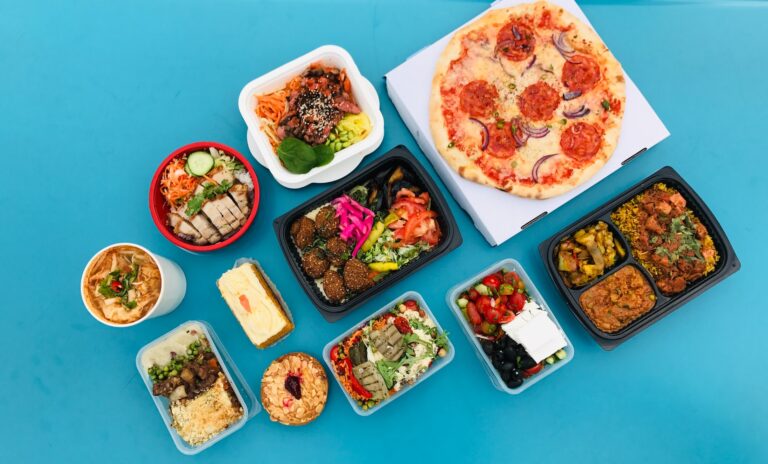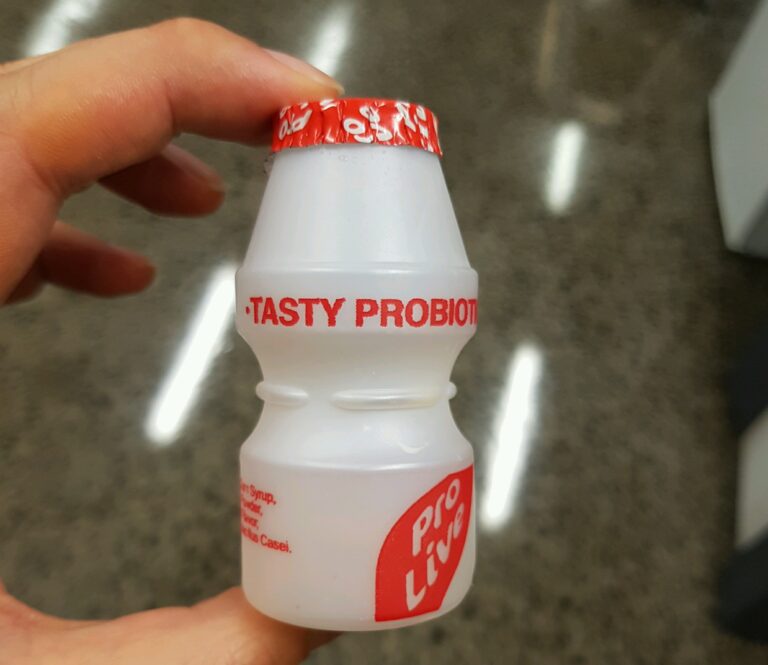Search “can you drink alcohol with Crohn’s disease” and you’ll find more confusion than clarity. One article says yes (in moderation), another says no (in case of flare-ups), and a third uses phrases like “gut permeability” just to confuse you further.
But here’s the thing they rarely mention: alcohol isn’t just a chemical. It’s a cultural artefact. A drink isn’t just a beverage, it’s a prop in a social performance. The pint in your hand signals who you are, where you belong, and what sort of night you’re having. For those of us with Crohn’s disease, that performance becomes… complicated.
This isn’t a medical guide — speak to your doctor for that. This is a behavioural, strategic look at what drinking means when you live with Crohn’s disease, and how social context matters just as much as gut health.
What the Research Really Says About Drinking with Crohn’s Disease
Let’s address the science first, if only to clear the stage.
Yes, alcohol can influence the gut and digestive system. Research has shown it may increase intestinal permeability — or as it’s often dramatised, “leaky gut.” For people with Crohn’s, this can theoretically aggravate symptoms. Certain medications, particularly methotrexate and azathioprine, may carry liver risks that are compounded by drinking. Others, like adalimumab (Humira), appear safer with occasional alcohol.
Studies such as those published in Inflammatory Bowel Diseases Journal (2011) and reviews from Clinical Gastroenterology and Hepatology (2018) suggest that alcohol might not affect everyone with IBD the same way. Red wine, for instance, showed a temporary anti-inflammatory effect in one small study — though whether that’s the wine or the smug satisfaction of drinking it, we’ll never know.
But here’s the key point: variability rules. What’s tolerable for one person could be devastating for another. That’s why this article doesn’t hand out health advice. Instead, it explores the terrain around the glass.
Why Drinking with Crohn’s Disease Is About Identity as Much as Symptoms
Let’s be honest. Most of us don’t drink because we’re thirsty. We drink because we’re human.
Drinks are social glue. The clink of glasses, the ritual of buying rounds, the casual “fancy a pint?” are all scripts we perform to belong. In Britain, declining a drink is akin to saying “I don’t wish to be included in this friendship.” And if you do so while explaining a gastrointestinal condition, you’ve just turned Friday night into a medical seminar.
Behavioural economists call this signalling. Holding a drink often signals normality. Refusing one, especially in a pub, can suggest illness, abstinence, or worse — awkwardness.
That’s the real dilemma. Not “can you drink alcohol with Crohn’s disease,” but: what happens socially when you don’t?
How to Rethink Drinking with Crohn’s Disease as a Personal Brand Choice
Let’s steal a page from the marketing playbook.
When the founders of Seedlip launched a distilled non-alcoholic spirit, they didn’t position it as a substitute. They made it aspirational. By packaging it beautifully and serving it in cocktail bars, they made not drinking feel stylish rather than sanctimonious.
You can do the same. Your “drink” doesn’t need to contain alcohol to perform its function. It just needs to look the part and feel intentional.
Try these tactics:
- Choose something deliberate: Alcohol-free IPA in a trendy can, Seedlip with tonic, or just a soft drink in a rocks glass. Never underestimate the power of glassware.
- Own the moment: Say “I’m off the booze tonight” with a grin, not an apology. Confidence is the best mixer.
- Pre-empt the fuss: If you’re going somewhere boozy, have a go-to drink and story. You’re doing Dry January, training for something, or testing your limits. All fine. All socially digestible.
You’re not skipping alcohol. You’re shaping your own narrative.
Why We Often Blame Alcohol When It’s Something Else
We’re bad at spotting what actually caused a symptom. If we feel awful the morning after a few drinks, we blame the booze. But was it really the gin and tonic? Or was it the stress of a long week, the greasy food, or the fact we skipped our meds?
This is called the availability heuristic — the tendency to blame the most immediate or memorable thing, not necessarily the right one.
That’s why self-tracking matters. Try this:
- Only test alcohol when you’re symptom-free and not in a flare.
- Keep variables low — one type of alcohol, small amount, same food.
- Log the result — how you feel over the next 24–48 hours.
You’re not running a clinical trial. You’re gathering useful signals — a small, honest dataset from your own life.
How to Handle Social Pressure Around Drinking with Crohn’s Disease
This is where the behavioural rubber meets the pub.
You don’t need to justify your drink choices. But you do need a plan when others make it their business.
Scripts that work:
- “Nah, I’m on a tactical night off.”
- “Trying to give the old gut a break.”
- “I’ve got a race/meeting/morning kid shift tomorrow.”
All true. None medical.
And if they press? Smile. Change the subject. You owe no one an explanation.

What to Think About If You Choose to Drink with Crohn’s Disease
If, after all this, you do decide to have a drink — make it strategic.
Generally better tolerated:
- Dry red or white wines
- Simple spirits with soda water (avoid sugary mixers)
- Low or no-alcohol craft beers
Common culprits:
- Beer (due to volume and carbonation)
- Cocktails with lots of sugar or sweeteners
- Creamy liqueurs or anything with dairy
Tips:
- Stay hydrated
- Eat before and during
- Don’t mix types
- Set a limit in advance
Remember: you’re not trying to win a debate. You’re testing a hypothesis, and your body is the lab.
You Control the Choice to Drink with Crohn’s Disease – Not Pub Culture
So… can you drink alcohol with Crohn’s disease? Possibly. But that’s not the question that really matters.
The better question is: how do you want to engage with alcohol — and what do you want it to say about you?
For some, the answer will be a quiet glass of wine. For others, an enthusiastic “no thanks.” Both are fine.
This isn’t about permission. It’s about making choices on your terms — and sometimes, having a lime wedge as your wingman.

Questions People Ask About Drinking Alcohol with Crohn’s Disease
Some people with Crohn’s can tolerate alcohol in small amounts. Others find it triggers symptoms. Always consult your doctor.
Dry wine or simple clear spirits with low-sugar mixers are often better tolerated. Beer and sugary cocktails may cause problems.
Yes, especially immunosuppressants like methotrexate and antibiotics like Flagyl. Speak to your healthcare provider.
Most experts advise against it. Alcohol can aggravate symptoms and delay recovery.
Choose a drink that looks the part, own the choice confidently, and prepare one-line responses that change the subject without fuss.






